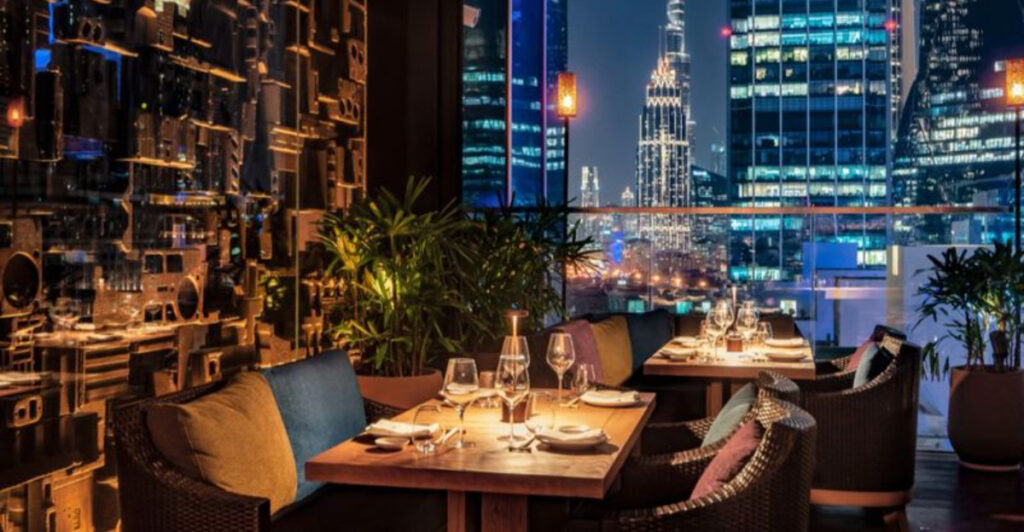Traveling abroad can feel like navigating a minefield when it comes to tipping customs. What seems polite in America might actually offend locals in other countries, while skipping a tip elsewhere could mark you as rude. Understanding these cultural differences can save you from awkward situations and help you show proper respect wherever you go. Here’s your essential guide to tipping around the world.
1. Japan: Where Tips Can Actually Insult
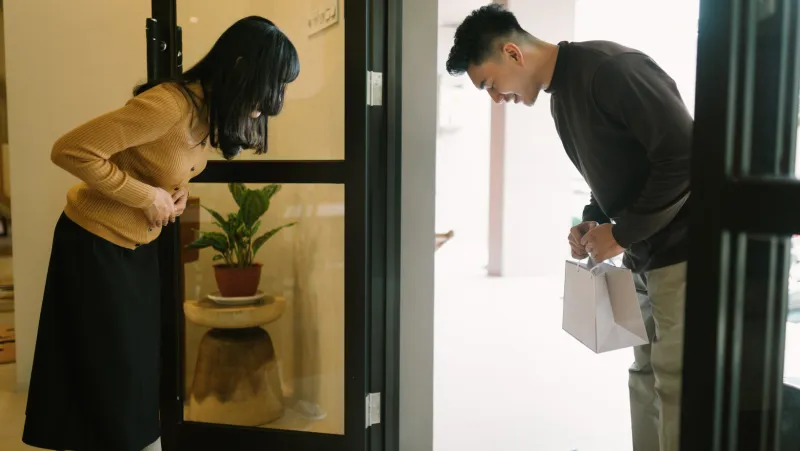
Bowing politely after excellent service makes much more sense than reaching for your wallet in Japan. The concept of tipping simply doesn’t exist in Japanese culture, and offering extra money can genuinely offend your server or host.
Workers take immense pride in providing outstanding service as part of their job, not for additional compensation. Attempting to tip suggests their salary isn’t adequate, which feels insulting.
High-end ryokans represent the rare exception to this rule. These traditional inns sometimes accept gratuities, but only when presented in special envelopes through proper ceremony.
2. France: Service Included by Law
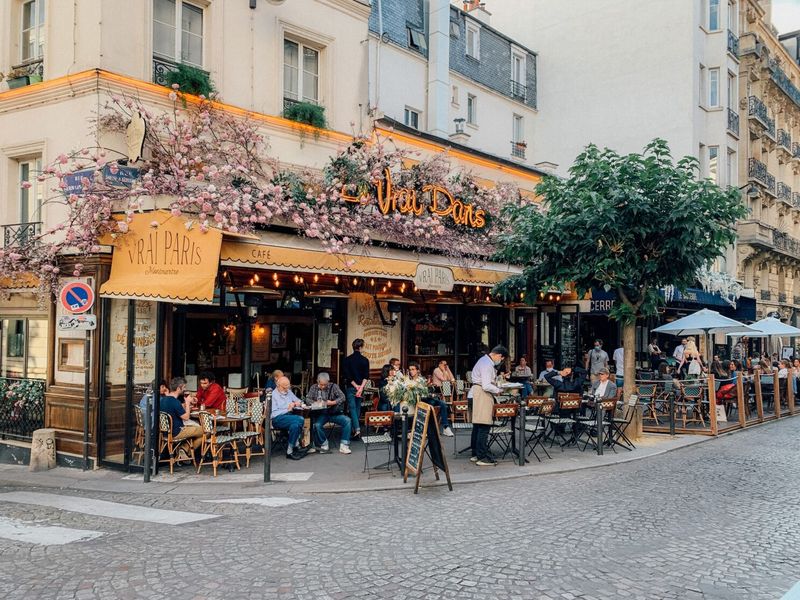
French restaurants automatically include service charges in every bill by legal requirement, eliminating guesswork about gratuity. This “service compris” system ensures workers receive fair compensation without depending on customer generosity.
Leaving a euro or two demonstrates appreciation for exceptional service, but servers never expect additional payment. Many locals simply round up to the nearest convenient amount when paying.
Tourist areas might have different expectations, but authentic French establishments operate on the included service model. Your server won’t chase you down if you don’t leave extra money on the table.
3. Italy: Coperto Covers Everything

Italian restaurants charge “coperto,” a cover fee that appears on every bill alongside your meal costs. This charge compensates servers and covers bread, water, and table service throughout your dining experience.
Since coperto handles gratuity automatically, additional tipping becomes unnecessary rather than expected. However, leaving small change or a couple euros after truly memorable service shows genuine appreciation.
Regional differences exist across Italy, with northern cities being slightly more tip-friendly than southern areas. Romans rarely tip beyond coperto, while Milanese diners occasionally add modest amounts for outstanding experiences.
4. China: Tips Often Get Refused
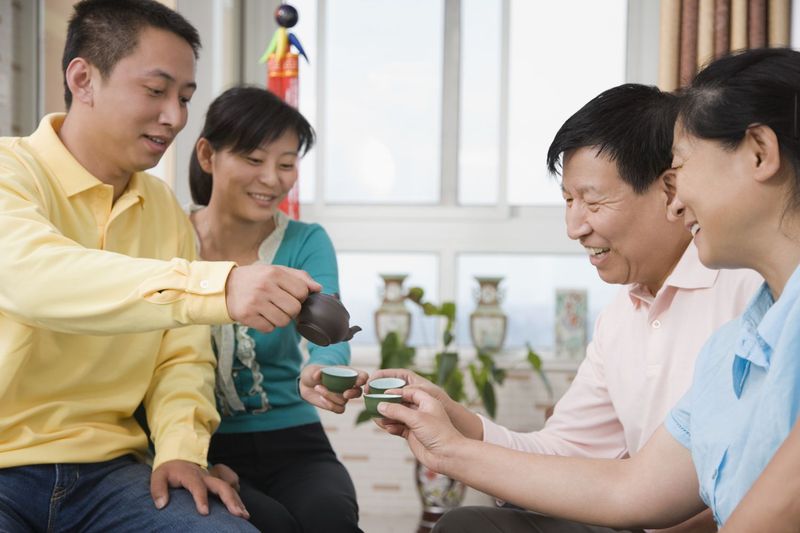
Chinese service culture views tipping as unnecessary and potentially embarrassing for workers. Servers might actually refuse your offered gratuity or seem confused by the gesture, since excellent service comes standard.
Government regulations in many establishments prohibit employees from accepting tips, making your generous intentions legally problematic. State-owned hotels and restaurants especially maintain strict no-tipping policies.
Tour guides in major international cities like Beijing and Shanghai represent notable exceptions to these rules. They’ve adapted to foreign visitor expectations and may graciously accept modest gratuities for exceptional experiences.
5. Australia: Fair Wages Mean No Pressure
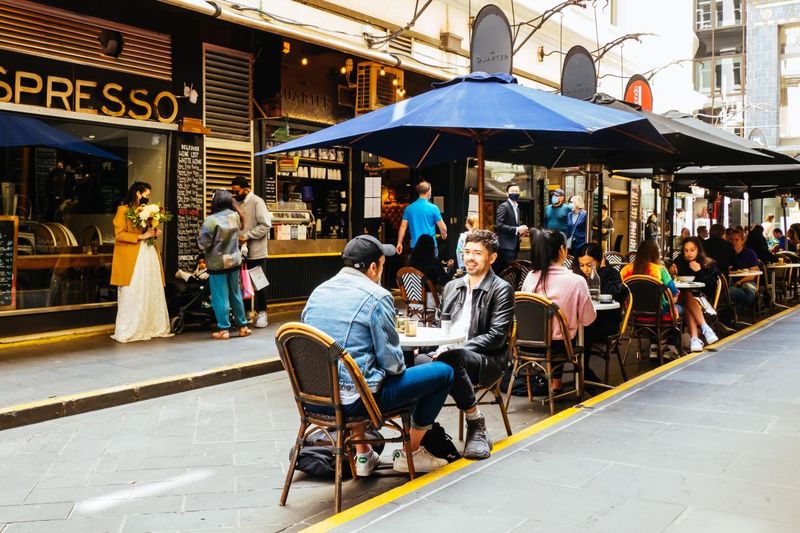
Australian workers earn living wages that don’t require tip supplementation, creating a relaxed dining atmosphere without financial pressure. Servers provide excellent service because it’s their job, not because they’re hunting for extra income.
Rounding up your bill or adding five to ten percent for truly exceptional experiences is perfectly acceptable. However, nobody expects these gestures, and you won’t receive poor treatment for paying exact amounts.
Casual establishments like pubs and cafes operate on a no-tipping basis entirely. Fine dining restaurants might see occasional gratuities, but even upscale venues don’t create expectation around additional payments beyond menu prices.
6. Mexico: Standard American-Style Tipping

Mexican restaurants expect ten to fifteen percent gratuities, similar to American customs, though you should verify whether service charges appear on your bill first. Many establishments catering to tourists automatically include gratuity.
Bellboys, tour guides, and taxi drivers appreciate small tips ranging from one to five US dollars depending on service quality. Hotel staff especially rely on gratuities to supplement modest base salaries.
Resort areas operate on higher tipping expectations than local neighborhoods. All-inclusive resorts might discourage tipping, but individual service providers still welcome modest appreciation for personal attention and exceptional care.
7. Germany: Round Up With Style
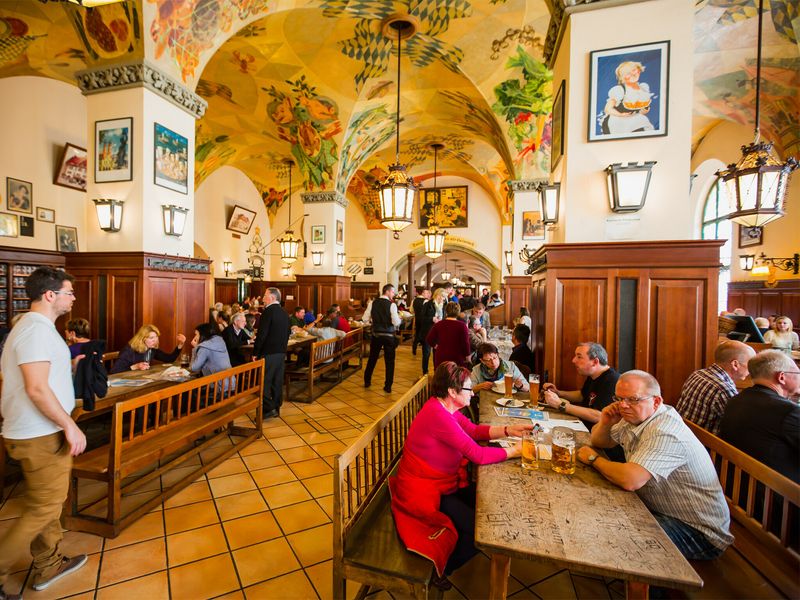
German diners typically round up bills or add five to ten percent for genuinely impressive service, but they handle payment with distinctive local flair. Instead of leaving cash on tables, you tell servers your intended total.
For example, if your bill comes to twenty-eight euros, you might say “thirty euros” when paying, indicating the server should keep the difference. This direct approach eliminates confusion and shows clear intention.
Casual establishments expect less formality around gratuities than fine dining venues. Beer gardens and cafes appreciate rounding up, while upscale restaurants might see slightly higher percentages for exceptional culinary experiences.
8. UAE: Modern Tipping in Luxury Settings
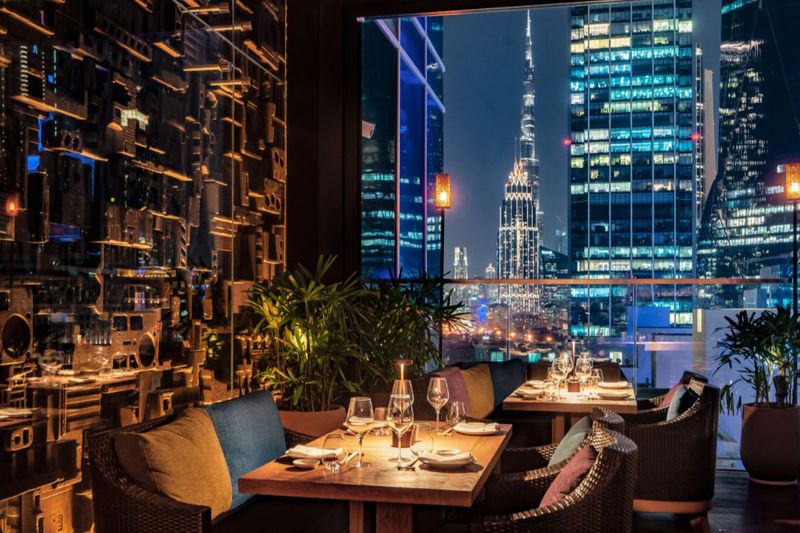
Dubai and Abu Dhabi restaurants commonly expect ten to fifteen percent gratuities, though many upscale establishments automatically add service charges to bills. Always check your receipt before adding additional amounts.
Hotel staff appreciate small tips of five to ten dirhams for services like luggage handling or room cleaning. Taxi drivers expect rounded-up fares rather than percentage-based calculations.
The UAE’s international atmosphere means tipping customs blend various cultural expectations. Luxury hotels cater to global travelers and operate on familiar gratuity systems, while local establishments might have different approaches to service compensation.
9. Brazil: Service Usually Included
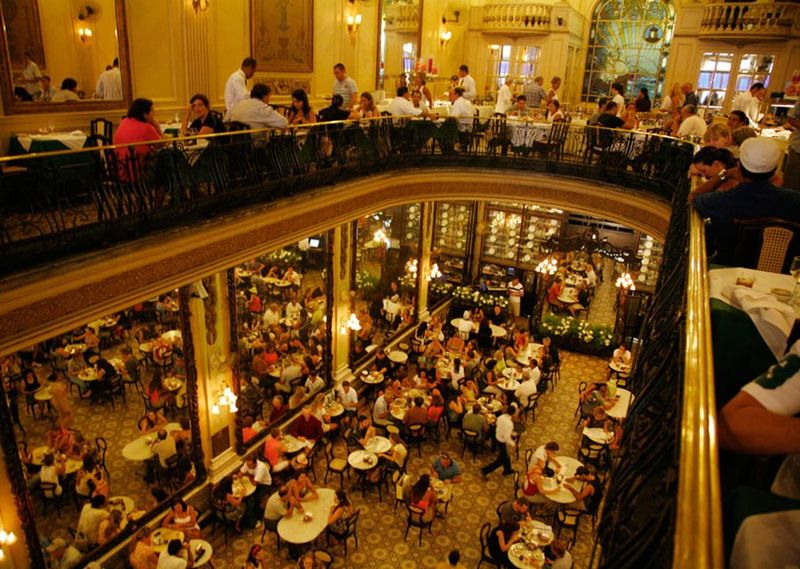
Brazilian restaurants typically include ten percent service charges automatically, marked as “serviço incluso” on your bill. This system ensures consistent server compensation without requiring customer calculations or guesswork about appropriate amounts.
Additional tipping beyond included service remains uncommon but shows genuine appreciation for memorable experiences. Locals rarely add extra money unless service exceeded normal expectations significantly.
Tourist areas might operate differently than neighborhood establishments, with some venues catering to international visitor expectations. However, most authentic Brazilian dining experiences include service charges as standard practice throughout the country.
10. South Africa: Safari and Restaurant Customs

South African restaurants expect ten to fifteen percent gratuities, but always verify whether service charges appear on your bill first. Many establishments include automatic gratuity, especially in tourist-heavy areas.
Safari guides deserve special attention, with ten to twenty dollars per day being standard for exceptional wildlife experiences. Hotel staff also appreciate modest tips for luggage handling and room service.
The country’s diverse regions might have varying expectations, with Cape Town and Johannesburg operating on more international standards than rural areas. Game reserves and luxury lodges typically provide tipping guidelines for various staff members.
11. Canada: Slightly Relaxed American Standards
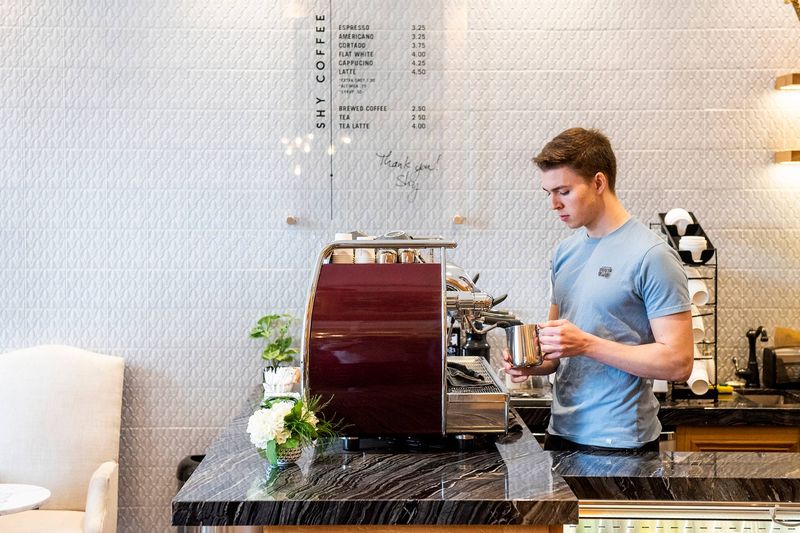
Canadian restaurants expect fifteen to twenty percent gratuities similar to American customs, but with slightly less pressure in casual dining establishments. The cultural similarity makes tipping calculations familiar for US visitors.
Bartenders and taxi drivers deserve ten to fifteen percent for standard service, with higher amounts for exceptional experiences. Coffee shops and casual cafes might have tip jars but don’t create expectation around contributions.
Regional differences exist across provinces, with major cities like Toronto and Vancouver operating on higher expectations than smaller communities. Winter weather often inspires extra generosity for delivery drivers and outdoor service providers.
12. Thailand: Small Tips Welcome in Tourist Areas
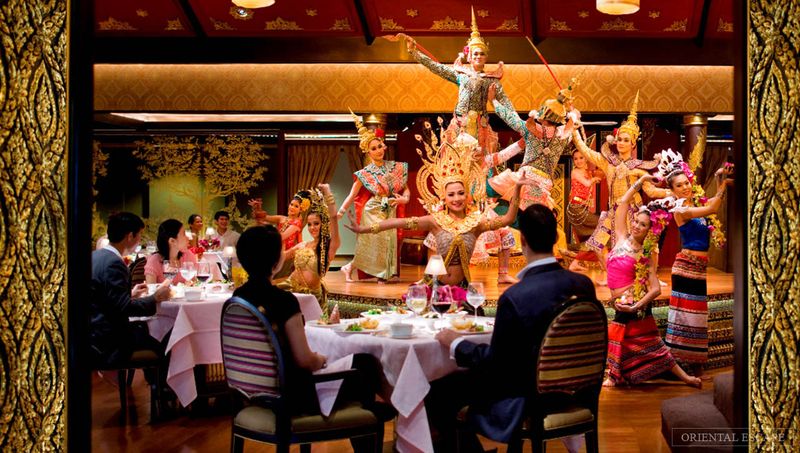
Traditional Thai culture doesn’t include tipping, but tourist areas have adapted to international visitor expectations. Small gratuities of twenty to fifty baht show appreciation without creating awkward cultural misunderstandings.
Never tip with coins, as this gesture appears rude and dismissive in Thai culture. Paper money demonstrates proper respect, even for modest amounts that seem insignificant to foreign visitors.
Local neighborhood restaurants operate on traditional no-tipping customs, while hotels and tourist-oriented establishments might expect modest gratuities. Street food vendors typically don’t receive tips, following authentic Thai dining traditions throughout the country.
13. Spain: Service Included, Small Change Appreciated
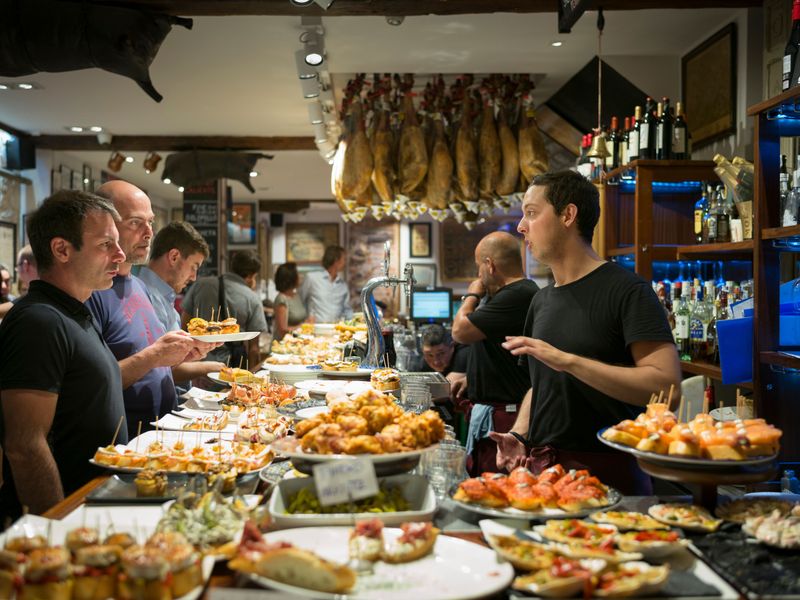
Spanish restaurants include service in their pricing structure, making additional tipping unnecessary for standard dining experiences. Servers receive fair compensation without depending on customer gratuity for basic income needs.
Leaving one or two euros or small change demonstrates satisfaction with exceptional service, but larger amounts might seem strange or excessive. Locals typically round up bills rather than calculating percentage-based tips.
Regional variations exist across Spain, with tourist areas like Barcelona and Madrid seeing slightly different expectations than traditional neighborhoods. Tapas bars operate on minimal tipping customs, while fine dining establishments might see occasional modest gratuities.
14. Iceland: Living Wages Eliminate Tipping
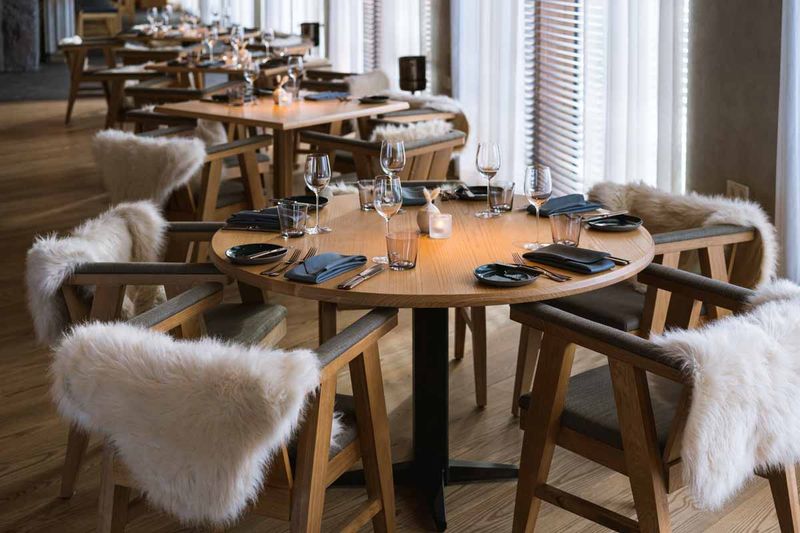
Icelandic workers earn substantial wages that eliminate any need for tip supplementation, creating dining experiences free from gratuity pressure or calculation. Service excellence comes standard rather than being motivated by potential extra income.
Rounding up represents the absolute maximum gesture most locals would consider, and even this seems unnecessary in most situations. Servers might appear confused or uncomfortable if offered significant additional money.
The country’s strong labor protections and high standard of living mean service industry workers don’t struggle financially. Your appreciation shows better through compliments to management or positive online reviews than through monetary gratuities.
15. India: Modest Tips Go Far

Indian restaurants appreciate ten percent gratuities, though upscale establishments might automatically add service charges to bills. Always review your receipt before adding extra amounts to avoid double-tipping situations.
Drivers, tour guides, and hotel staff deserve fifty to one hundred rupees for good service, amounts that seem modest to foreign visitors but represent meaningful appreciation locally. These small gestures create positive relationships and memorable experiences.
Regional differences exist across India’s diverse states, with major cities like Mumbai and Delhi operating on more standardized expectations than rural areas. Luxury hotels cater to international standards while local establishments maintain traditional Indian hospitality customs.
16. Egypt
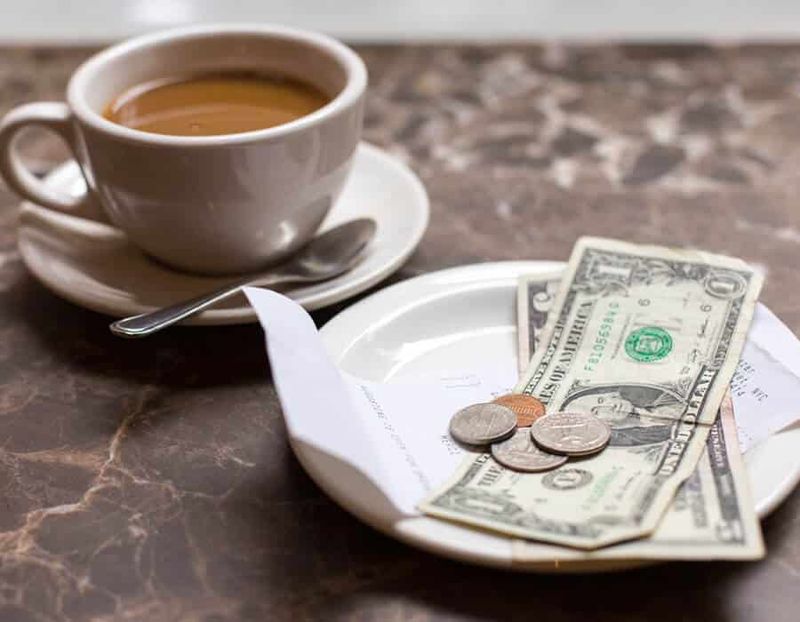
Baksheesh rules everything in Egypt, from restaurant meals to hotel stays. This traditional tipping system goes beyond standard gratuity and becomes part of daily life interactions.
Restaurant servers expect 10-15% of your bill, even when service charges appear on receipts. Hotel staff appreciate small bills for carrying luggage or cleaning rooms.
Tour guides and drivers rely heavily on tips, often earning more from gratuity than base wages. Carry plenty of small Egyptian pounds because everyone from bathroom attendants to museum guards will expect baksheesh for their services.
17. United Kingdom
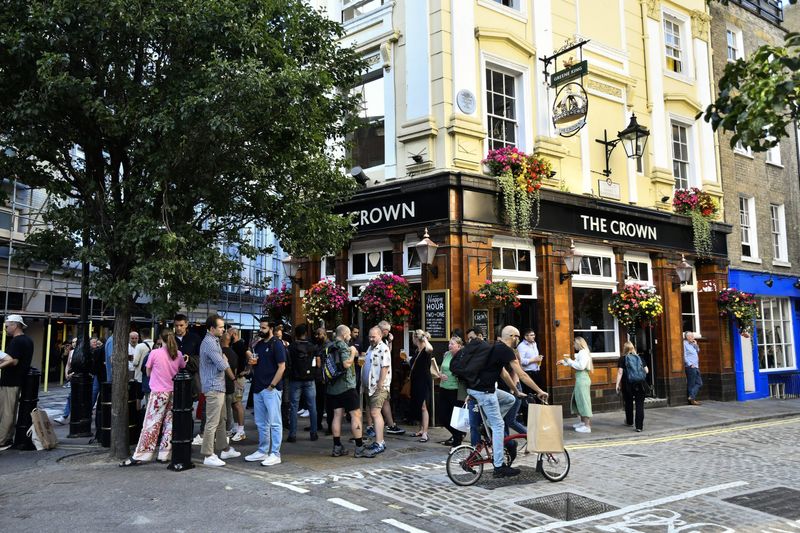
British tipping culture strikes a middle ground between American generosity and European restraint. Pubs operate on a no-tipping basis, but restaurants follow different rules entirely.
Check your restaurant bill carefully for service charges before adding extra money. When no charge appears, 10-15% shows proper appreciation for good service.
Taxi drivers appreciate rounding up fares, while hotel staff don’t expect regular tips unless providing exceptional help. Black cab drivers in London might receive slightly more than Uber drivers, reflecting traditional customs that still influence modern British hospitality expectations.

